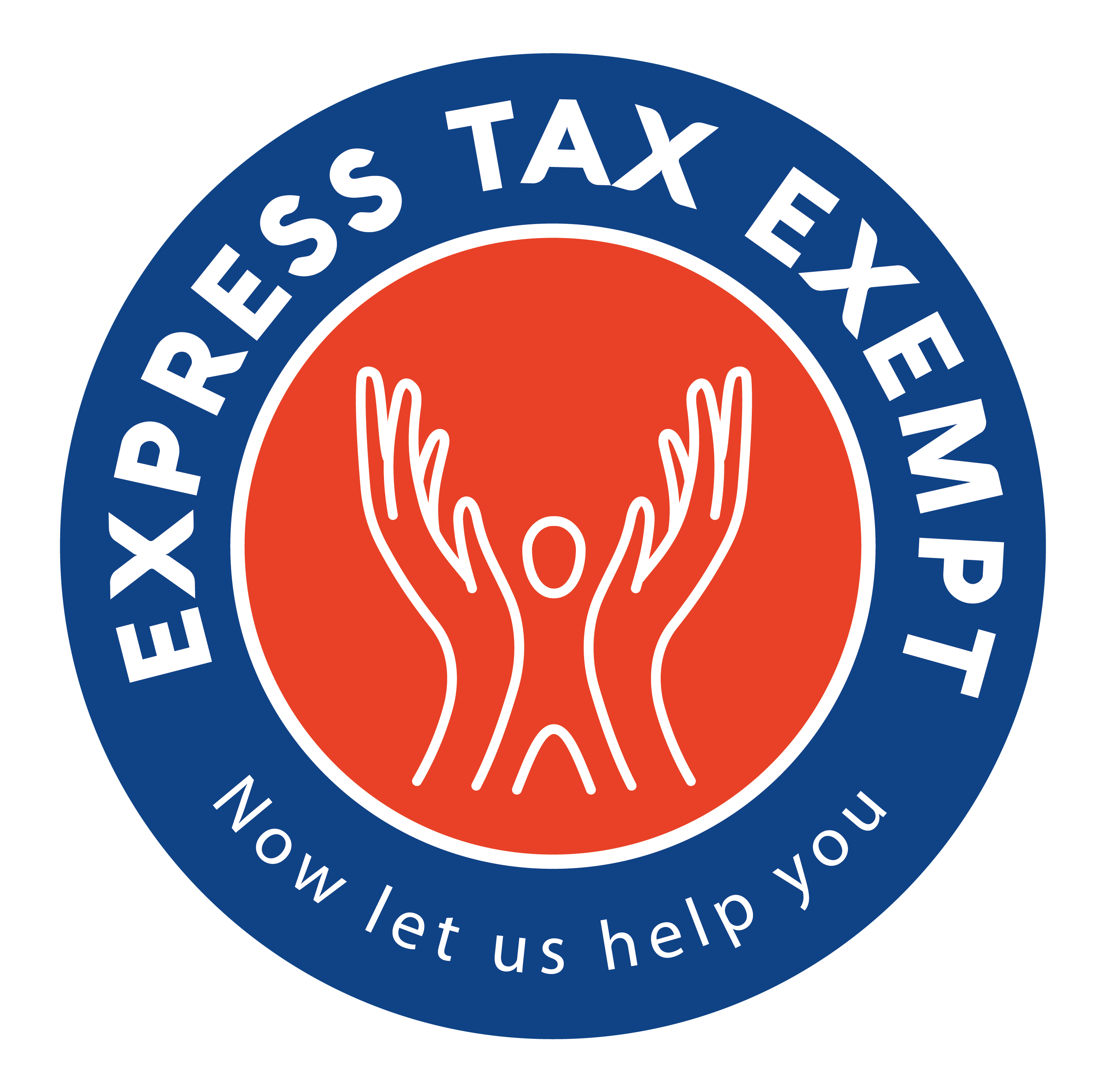Governing Body, Policies, and Disclosure Sections of Form 990
Voting Members and Relationships
Enter the total count of your organization’s governing body members with the power to vote and the independent voting members. Indicate and describe any material differences of your governing body members if they do not have the same rights to vote.
If your organization’s current list of officers has a family or business relationship with other officers, you need to identify each person and describe their relationship.
Management Duties
Report if your organization appointed any management companies and describe all of the management duty details, if applicable. Management responsibilities include but are not limited to
- Hire, fire, or supervise personnel
- Plan executing budgets or financial operations
- Oversee exempt activities or unrelated trades or businesses
Important: The IRS doesn’t recommend reporting administrative services like payroll processing or investment management unless the filing organization conducts investment management services for others.
Significant Diversion
Report any significant changes in your organizing documents or bylaws for the filing year, if necessary. Indicate if your organization became aware during the year of a significant diversion of the organization’s assets. If so, be prepared to explain the nature of the diversion, dollar amounts and any property involved, corrective actions, and relevant circumstances – do not include the name of whoever diverted the assets.
Select whether your organization has members or stockholders and describe whether your group classifies as a stock corporation, a joint-stock company, partnership, a joint venture, or a limited liability company, if necessary.
Stockholders
If your tax-exempt organization has any members or stockholders, you need to describe the class or categories of each person, the decisions that require their approval, and the nature of their voting rights. You also are responsible for reporting any documentation of meetings and written actions of the governing body and committees with authority to act on its behalf.
Policies
Indicate if your organization controls any local chapters, branches, lodges or affiliates. Report any written policies or practices governing the activities of those subordinate groups to ensure their operations are consistent with the organization’s tax-exempt purposes, if applicable.
Written Policy
Specify if your organization has a written conflict of interest policy, a written whistleblower policy, and a document retention and destruction policy. You should also have the information necessary to describe the process for determining the compensation of the officers and key employees.
Disclosures
List all the appropriate states which require a copy of your 990 form to fulfill state exempt organization or charitable solicitation reporting requirements. Indicate and explain whether or not your organization’s governing documents are available to the general public during the tax year.
Organization’s Books
Provide the details of the person who possesses the organization’s books and records including their name, address, and phone number.
Our U.S. – based customer support can assist you with any technical issues regarding the governing body, policies, and disclosure sections so you can transmit an error-free 990 form. Contact us at 704.839.2321, Monday through Friday from 9 a.m. to 6 p.m. EST. Or you can submit a request with [email protected].




